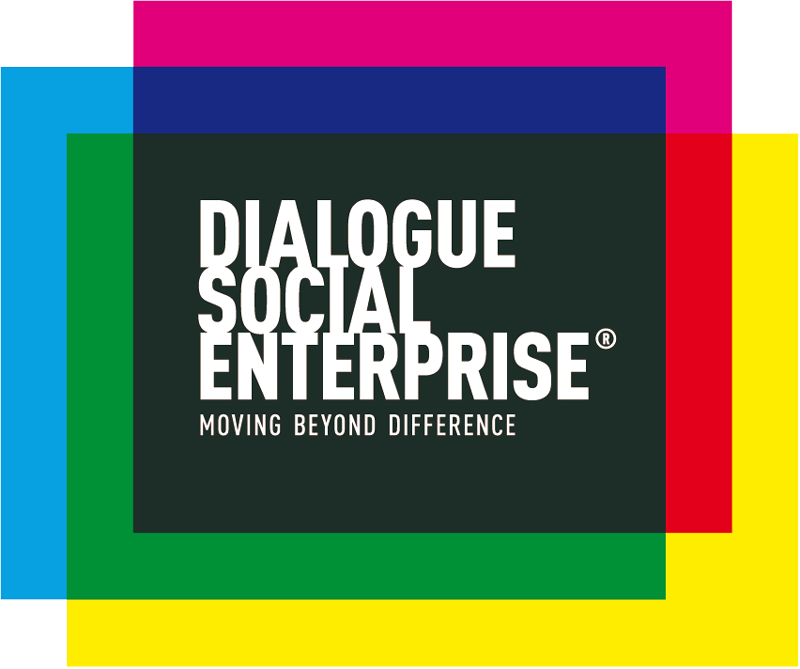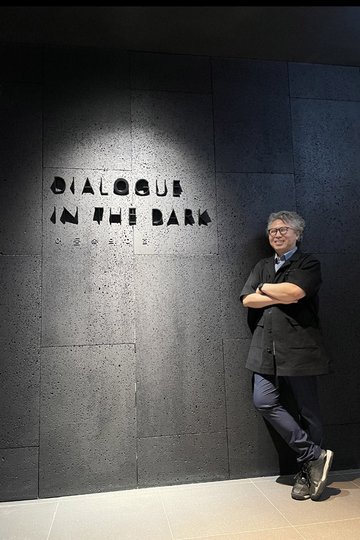With cultural centers and museums severely affected by the pandemic, opening a second venue seems a very risky strategy to sustain the business.
But Young-hee Song is a brave optimistic entrepreneur. He is one of the few blind DiD entrepreneurs in the world and has been successfully operating DiD in South Korea for more than a decade.
We had the chance to speak with this amazing partner. Below our conversation.
DSE: These last months have been very hard due to the pandemic. Many DiD partners are thinking on how to save and survive. How did you come to the decision of opening a second DiD venue at the moment everything is uncertain around us?
Mr. Song: Like partners around the world, Korea's DiD is going through a very difficult time, and it still continues. So in addition to the economic difficulties caused by the pandemic, it is true that we were also in a very difficult situation in attracting funds to build a second DiD venue.
But fortunately, I'm an optimist. So I believe that all of those things will return to normal in the near future.
Despite the difficulties that surround us, we believe that we can transform current and upcoming crisis into big opportunities for us. Therefore I decided to open a second exhibition hall just to be prepared for the upcoming opportunity.
To provide you with an example, in Korea, many exhibition halls and museums were permanently closed due to the pandemic, which represent another opportunity for us. I believe that if South Korea's DiD is already prepared to welcome visitors and fill that gap, it will be a momentum for greater growth.
DSE: Where is the new venue located?
Mr. Song: 7th floor, 160, Dongtanyeok-ro, Hwaseong-si, Gyeonggi-do.
The new DiD venue is adjacent to Seoul, where the first DiD exhibition hall is located, it is located in Gyeonggi-do, the second largest city after Seoul. Gyeonggi-do was established by the Korean government as a new city, and the new dialogue is located in the largest shopping center there.
DSE: Can you tell us a bit about this new venue?
Mr. Song: This new DiD venue is divided into a total of 8 rooms and the big difference from the first exhibition - where you experience your daily life in the dark - is that it consists of a novel-like story that maximizes your imagination in the dark.
So in someone's atelier in the dark, visitors appreciate the painting and enter the landscape of the painting. It includes places such as nature, a cave, a small station, a city, a Ricksha (motion based), a cafe, and a square.
We are also planning to operate a Silent Cafe at the new location on a trial basis with the concept of Dialogue in Silence. However, this is still in preparation and will probably take a few months before the actual opening.
DSE: How many blind persons work in this new venue?
Mr. Song: A total of 11 visually impaired people are participating in the new project, all of whom are employed full-time.
DSE: Finally, I would like to ask what your expectations are for the next few months for both venues in South Korea?
Mr. Song: In fact, it is not easy to have positive expectations for the near future, given the uncertainty of the future economic outlook after COVID-19.
However, despite the uncertain economic situation, the exhibition has a great educational effect that is also recognized by educational institutions and social organizations by including Dialogue in the Dark in Korean middle school textbooks. So if daily life is normalized after COVID-19, group visiting is expected to increase.
In addition, since it was established in 2010, Korea's Dialogue in the Dark has been continuously operating despite several crises. As a result, it is gaining trust from the general market and the public and leads to an increasing number of business partners who can and want to work together in the long term.
The interview was conducted by José "Pepe" Macías for DSE.

